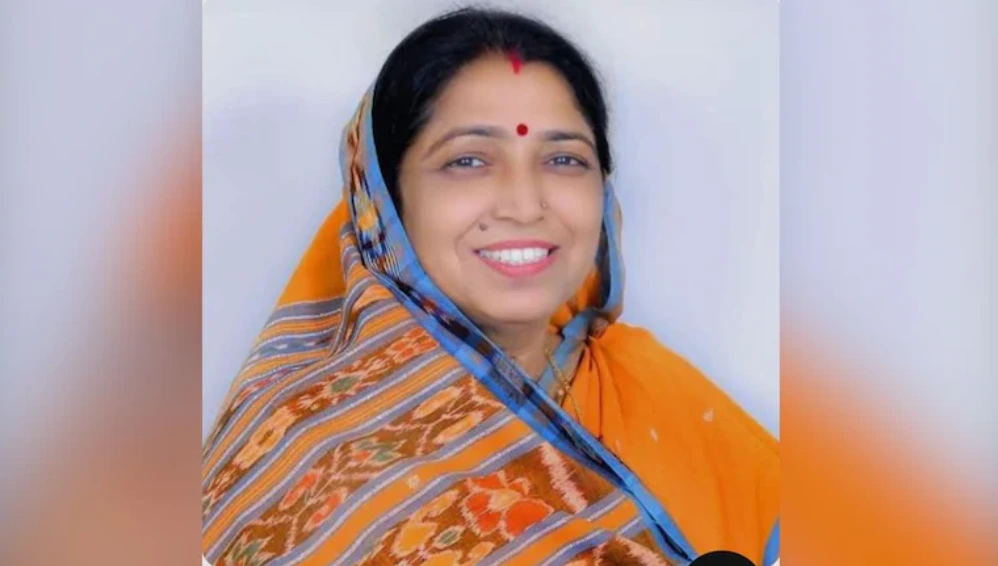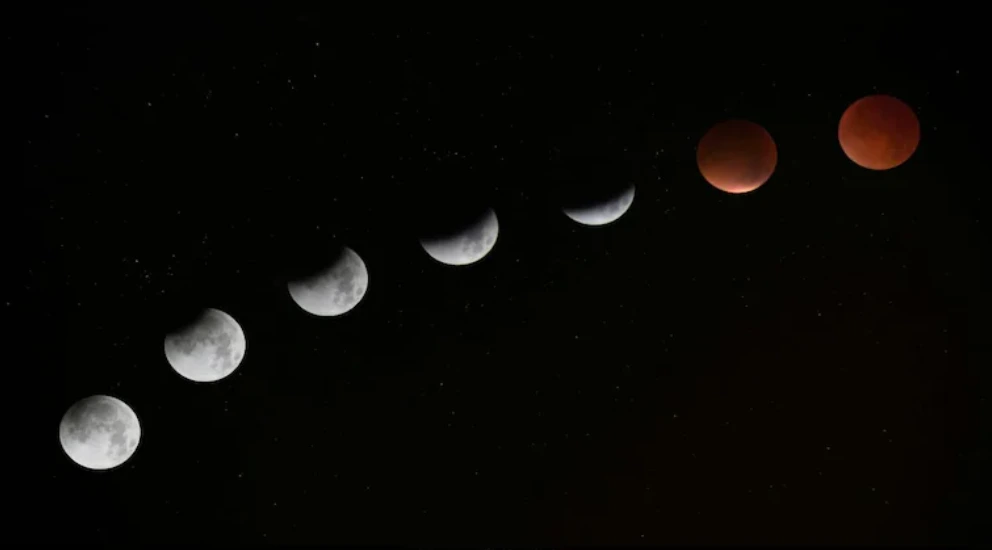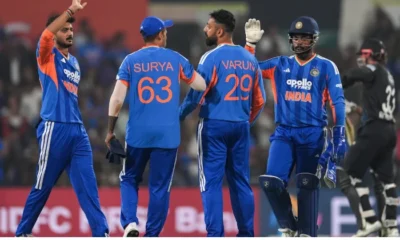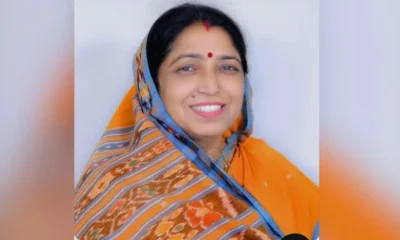The Bharatiya Janata Party (BJP) has announced Laxmi Verma as its candidate for the Rajya Sabha from Chhattisgarh, naming her as part of a broader list of nominees released for six states. The decision comes after weeks of internal consultations and is being viewed as backing the preference of Chief Minister Vishnu Dev Sai.
Party deliberations and final selection
According to party sources, seven names were initially considered before the list was narrowed to three — Laxmi Verma, Narayan Chandel and Krishnamurthy Bandhi. After discussions at the central level, the BJP leadership finalised Verma’s candidature.
Verma, 55, hails from Mudpar village in Simga block of Balodabazar district. She has been associated with the BJP since 1990, beginning as a primary member and gradually rising through the organisational ranks.
Long association with BJP and public roles
Her political journey includes serving as the representative of Raipur MP Ramesh Bais in 2000. In 2001, she was elected to the BJP Mahila Morcha Working Committee, a role she held for four years.
Between 2010 and 2014, Verma was part of the National Working Committee of the BJP Panchayati Raj Cell. She also remained a member of the BJP Mahila Morcha Working Committee from 2010 to 2022. From 2021 to 2025, she served as State Vice President of the BJP in Chhattisgarh. During this period, she was entrusted with responsibilities as Gariaband organisation in-charge and BJP media spokesperson between 2021 and 2024.
Verma’s public life began in 1994 when she was elected councillor from Ward No. 7 of the Raipur Municipal Corporation. In 2010, she became president of the Raipur District Panchayat. Since October 7, 2024, she has been serving as a member of the Chhattisgarh State Women’s Commission.
Social and community engagement
Apart from party responsibilities, Verma has been active in several social organisations. She became president of Shakti Mahila Manch, Raipur, in 1998 and received the District Youth Award from Nehru Yuva Kendra, Raipur, in 1999.
She has also been associated with the Labor Rehabilitation Committee in Raipur and has served as Chief Patron of the Chhattisgarh Ekta Mazdoor Kalyan Sangh since 2009. Since 2011, she has been an advisory member of the Family Court, Raipur. Additionally, she has held positions in the All India Panchayat Parishad and the Chhattisgarh Scout Guides.
Verma is regarded as an influential figure within the Manwa Kurmi community and currently serves as National General Secretary of the All India Kurmi Kshatriya Mahasabha Women’s Wing.
Rajya Sabha arithmetic
Chhattisgarh presently has five members in the Rajya Sabha. Two seats, currently held by Congress leaders Phoolodevi Netam and KTS Tulsi, are set to fall vacant on April 9, 2026. Two other Congress MPs — Rajiv Shukla and Ranjeet Ranjan — have terms lasting until June 29, 2028. BJP leader Devendra Pratap Singh will continue in office until April 2, 2030.
With 90 MLAs in the Chhattisgarh Assembly and two Rajya Sabha seats going to polls, the winning quota is calculated at 31 first-preference votes. Given the BJP’s current strength in the Assembly, Verma’s election is widely seen as certain once voting is held.

























